The College of Policing's Code of Ethics lays out standards of behaviour every police employee should aspire to It's there to help staff do the right thing and have confidence to challenge colleagues if necessary, irrespective of rank, role or position1 code of ethics 2 oath of office These two documents are the most important issues of truth and honesty that a police department has with the community which the this department serves Most police agencies have neglected these issues and do not fully understand the impact they have on the community they serve10 rows The Code of Ethics will apply to more than 2,000 officers, police staff, contractors and

The Ethics Of Future Policing In Europe Prof Ppt Video Online Download
What is the code of ethics for police officers
What is the code of ethics for police officers- The POLICE CODE OF CONDUCT is effectively a set of rules which govern how serving police officers should behave at all times By breaking any of these rules they can be held accountable for misconduct Personally, I have never come across a single police officer that doesn't break at least one of these rules within the first five minutes of speaking to themMuch, if not all, of the work of the UK Police circles around the document maintained by the College of Policing and called Code of Ethics (of the UK Police) This fundamental document of 13 pages lists 9 principles of work of the UK Police and 10 Professional Standards




Acro Criminal Records Office Join Us
• UK Police Conduct Regulations, 08 • Code of Practice for Victims of Crime – Home Office and DoJNIgov Police officers are required, at all times, to carry out their duties in accordance with the provisions of this Code of Ethics In the event that a Belfast Harbour Police instruction, policy or procedure conflicts with theIntegrity and transparency Ensuring that the people who work for the police uphold the values of the service, strive to do the right thing in all situations and have the public's confidenceThis Code applies to the conduct of police officers in all ranks whilst on duty, or whilst off duty if the conduct is serious enough to indicate that an officer is not fit to be a police officer
The Code of Ethics is a national code of practice, which defines core policing values and the standards of behaviour for everyone who works in policing We aim to provide the very best quality of service to the public whilst delivering our strategy, which includes targeting offenders, preventing, reducing and detecting crime, serving our victims and providing community based Code of ethics policing professionalism A code of practice for the principles and standards of professional behaviour for the policing profession of England and WalesPersonal codes can be dangerous but have many benefits An example of a personal code is the following Therefore, my code of ethics
By the Code of Ethics Covert policing 14 The police service operates on the basis of openness and transparency This is essential to maintaining and enhancing a positive relationship between the policing profession and the community 15 To achieve legitimate policing aims, it is sometimes necessary to use covert tactics This is recognisedChief Constable, Lincolnshire Police The Code of Ethics for the police service in England and Wales has been in place for a number of years and continues to provide a framework that ensures policing is formally recognised as a skilled profession Developed by the College of Policing, the Code of Ethics has endured the test of timeCode of Ethics West Midlands Police is committed to ensuring that the Code of Ethics is not simply another piece of paper, poster or laminate, but is at the heart of every policy, procedure, decision and action in policing The Code of Ethics is about selfawareness, ensuring that everyone in policing feels able to always do




Line Of Duty Two Ex Anti Corruption Officers On How The Police Actually Catch Bent Coppers




Ethics For Police Translators And Interpreters 1st Edition Sedat
Identify experimental studies that have specifically examined the impact of codes of ethics on professional conduct This small scale and narrowly focused review was carried out over a short timescale to inform the development and implementation of the Code of Ethics for the policing profession of England and Wales"practice requiring improvement" means underperformance or conduct not amounting to misconduct or gross misconduct, which falls short of the expectations of the public and the policeThe Police Code of Ethics is based around the following 9 principles Accountability – You are answerable for your decisions, actions and omissions Fairness – You treat people fairly Honesty – You are truthful and trustworthy



Www Nipolicingboard Org Uk Psni Code Ethics
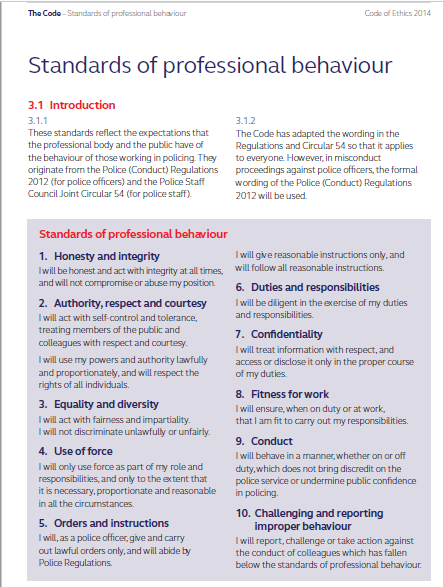



Complaint Against Lgbtpoliceuk Fair Cop
Code of Ethics 08 The Code of Ethics is undoubtedly one of the success stories in advancing the human rights agenda within the PSNI It has attracted national and international attention, with the College of Policing in England and Wales and Police Scotland both drawing learning from the PSNI when devising their respective Code of Ethics The11 The standards of professional behaviour, as reflected in the Code of Ethics, are a statement of the expectations that the police and the public have of how police officers should behave They are not intended to describe every situation but rather to set a framework which everyone can easily understand They enable everybody to know what type of conduct by a police officer isOf all men to liberty, equality and justice (The Police Code of Ethics, 1992 IACP version) In England, Sir Robert Peel in 19 created what is often referred to as the first professional police force




454no6qaznim




Covid 19 Pandemic Ethical Guidance For Social Workers Www Basw Co Uk
Police must be held accountable for all decisions they make Having legislation such as the Oath of Office, Statement of Values and the Code of Conduct and Ethics policy are significant and purposeful and all behaviours should be based on these guidelines to uphold the law & keep the peace Reference Findlay, M (04)The Code of Ethics – Summary OFFICIAL 1 The College of Policing developed the Code of Ethics on behalf of every member of the policing profession of England and Wales 2 The work was carried out by the College's Integrity Programme in association with the national policing lead for Ethics and the national policing lead for Professional Standards and a range of key stakeholders 3The Code of Ethics was produced by the College of Policing in 14 in its role as the professional body for policing It sets and defines the exemplary standards of behaviour for everyone who works in policing It is a supportive, positive, everyday decisionmaking framework and is a constant reinforcement of the values and standards that policing is proud of




Is Over Policing The Future Development Of The Uk Law Enforcement Data Service Leds Privacy International




What Next For Police Technology And Ethics Centre For Data Ethics And Innovation Blog
Some countries adopt or draft a national code of ethics that all law enforcement officials are expected to abide by and other countries allow for individual police departments to adopt their own code For example, the United Kingdom adopted a national code of ethics in April 14, while in the United States, most police departments adopt the code of ethics (adopted) by the InternationalFor example, a Transparency International UK study on codes of conduct in defence ministries and armed forces recommends that any defence and security sector ethics system include (11) a statement of values including such values as integrity, honesty, and diligence CODES OF ETHICS FOR THE POLICE Codes of EthicsPolice Accountability research papers examine the expectations of police officers and discuss their responsibilities as public servants Use of Deadly Force by Law Enforcement Research Papers look at the political, legal, and social side to this debate Police Ethics research papers discuss the ethical code the police officers must uphold in order to protect and serve
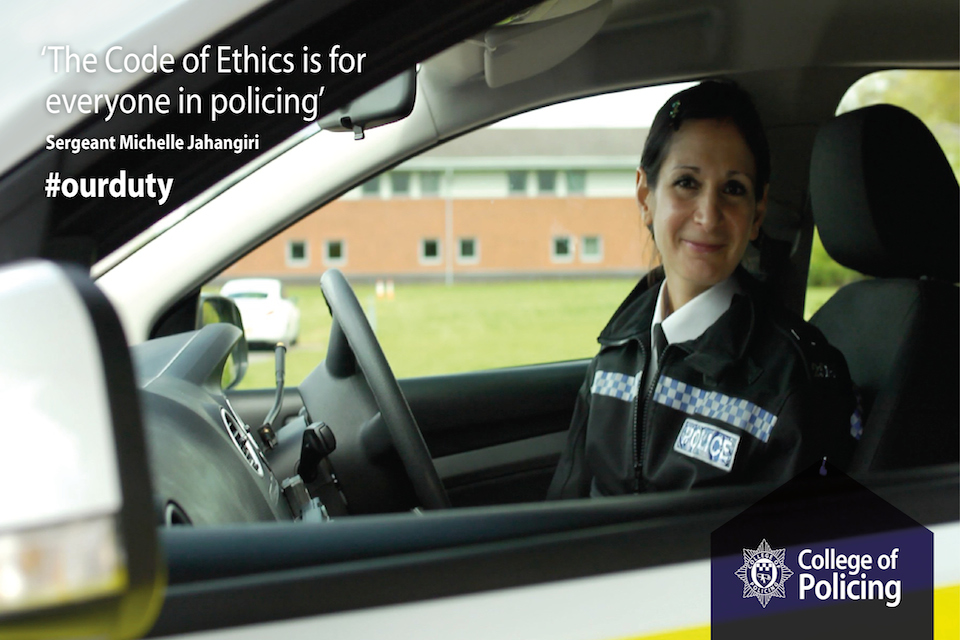



Code Of Ethics Launched Gov Uk




Acro Criminal Records Office Join Us
It compares responses from police officers in UK three forces, looking at potentially corrupt behaviours described in a series of scenarios The discussion includes why some types of misdemeanour seem more likely to be reported and the potential effects of a newly introduced formal Code of EthicsDevelop the knowledge, standards of conduct, leadership and professionalism required by police officers and police staff in England and Wales The College is a company limited by guarantee and an Arm's Length Body of the Home Office It is operationally independent of the Home Office 2Code of Ethics Dorset Police adopted the national Code of Ethics in April 14 The Code is at the heart of every decision made by each and every officer, every day




Don T Be Drunk Or Have Sex On Duty New Guidelines For Police Ethics After Scandals Which Have Shaken Public Trust Daily Mail Online




Law Enforcement Code Of Ethics Police Motivation Police Code Ethics
Police integrity and the reporting of rulebreaking continues to be an area of concern and public interest, especially as it is over five years since publication of the first code of ethics by the UK's College of Policing in 14Law Enforcement Code of Ethics The IACP adopted the Law Enforcement Code of Ethics at the 64th Annual IACP Conference and Exposition in October 1957 The Code of Ethics stands as a preface to the mission and commitment law enforcement agencies make to the public they serve17 CITY OF LONDON POLICE POLICING PLAN 5 National Police Code of Ethics Our values, which encompass the Code's nine principles, underpin everything we do Adhering to them enables us to demonstrate not only our commitment to the national Police Code of Ethics, but also to deliver it To support the Police Code of Ethics, we will –




Competency And Values College Of Policing




Police Pursuits When Does The End Justify The Means
We're sorry but this site doesn't work properly without JavaScript enabled Please enable it to continueEssex Police follows the Code of Practice for the Principles and Standards of Professional Behaviour for the Policing Profession of England and Wales Policing principles Every person working for the police service must work honestly and ethicallyThe Code of Ethics was created by the College of Policing, the professional body for police, and laid in Parliament in July 14This video explains what you




Our Force




Pdf Decision Making For Uk Police On The Transportation Of Casualties With Life Threatening Injuries
(Code of Ethics, 00) Personal codes of ethics are prevalent within the police community This can be like a firearm;As a code of practice, the legal status of the Code of Ethics (a) applies to the police forces maintained for the police areas of England and Wales as defined in section 1 of the Police Act 1996 (or as defined in any subsequent legislation);Code of Conduct for Police Staff Page 2 of 5 Policy Statement Summary West Yorkshire Police (WYP) Code of Conduct for police staff is provided to set out the standard that the Force expects from all police staff employees The policy adheres to and supports the objectives of the Code of Ethics




Our Commitment
.jpg)



Leighton Cooperates With Police On Possible Ethics Breach
Code of Ethics Durham Constabulary is committed to providing an excellent policing service it can be proud of We will continually strive to act with integrity, fairness and respect to ensure that the confidence and support of those we serve is protected as our most valued asset not protectively marked f 1 police and crime commissioner for leicestershire ethics, integrity and complaints committee report of chief constable subject ethical scenarios date friday 24 march 17 – 0 pm author dcc bannister purpose of reportEthics, equality and inclusion We strongly believe in the National Police Chiefs' Council (NPCC) guidance that supports us to ensure that our behaviour, actions and decisions will always be in support of the public interest We value public trust and confidence in policing




Oversight Of Biohacking When The Stakes Are High Voices In Bioethics




Police Officer Competencies Interview Questions Answers
And (b) relates specifically to chief ocers in the discharge of their functionsEthics and Policing in the 21 st Century "The mission of policing can safely be entrusted only to those who grasp what is morally important and who respect integrity Without this kind of personal character in police, no set of codes, rules, or laws can safeguard that mission from the ravages of police misconductThe Code of Ethics is a first for everyone who works in policing in England and Wales It sets out the principles and standards of behaviour we expect to see from police professionals It applies to every individual who works in policing, whether a warranted ocer, member of police staff, volunteer or someone contracted to work in a police force




The Ethics Of Future Policing In Europe Prof Ppt Video Online Download




1 2 Pnp Professional Code Of Conduct And Ethical Standards Value Ethics Integrity
Appendix C The College of Policing's Code of Ethics 115 Appendix D APCC Ethical Good Practice Framework 117 Appendix E Ethics Committees 1 Appendix F Police and Crime Panels 124 Appendix G Police and Crime Panel best practice 128 Appendix H Transparency desk research 14 130 Appendix I Methodology 134Alongside the Code of Ethics, the College of Policing's commitment to help police professionals make the right decisions includes enhancing the knowledge and



Www West Midlands Police Uk Flysystem Public Sync Inline Files Code Of Ethics Pdf
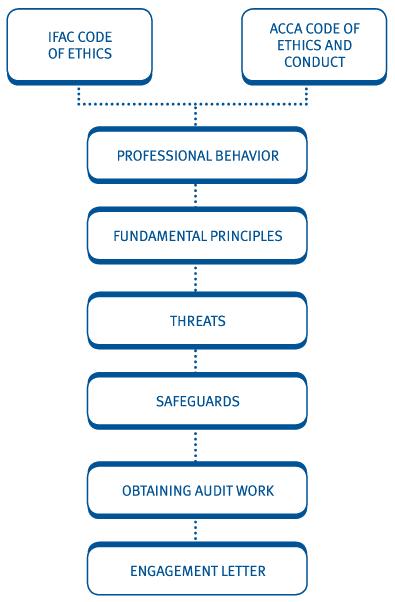



Chapter 4 Ethics And Acceptance Of Appointment




Establishing An Ai Code Of Ethics Will Be Harder Than People Think We And Ai




Code Of Ethics Uk
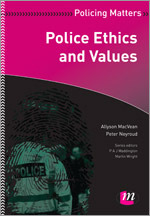



Police Ethics And Values Sage Publications Inc




The Police Should Not Need A Code Of Ethics The Times



Www Durham Police Uk About Us Our Commitment Commitment Documents Code Of Ethics Durham Pdf




Our Code Of Ethics Vision And Values Nottinghamshire Police




Theresa May Announces New Code Of Ethics For Police The Independent The Independent



Www Avonandsomerset Police Uk Media Focus Group Presentation Pdf




Code Of Ethics Dorset Police




Police Face New Ethical Dilemma In Increasingly Digital World Law The Guardian




Rude Police Officers To Be Formally Punished Under New Rules The Independent The Independent




The Code Of Ethics Of The Uk Police Explained appp Association Against Abuse Of Police Powers And Privileges
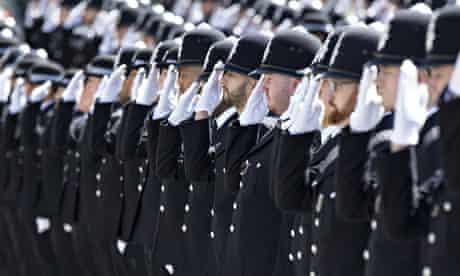



Police Chiefs End Clampdown On Whistleblowers To The Media Police The Guardian



2




Code Of Ethics Uk
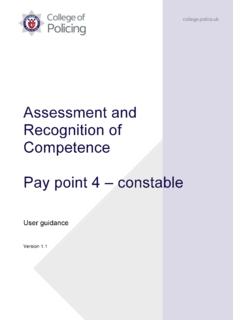



Code Of Ethics College Of Policing Code Of Ethics College Of Policing Pdf Pdf4pro



Technology And Police Operations National Police Foundation




Are You Eligible To Apply Police Constable Kent Police




Law On Police Use Of Force In The United Kingdom The Law On Police Use Of Force




Medical Ethics Wikipedia




3 02 Challenges And Possibilities Of The Implementation Of The Policing Code Of Ethics Centre For Policing Research And Learning



Assessing The Real Purpose Of The Police Code Of Ethics Insight
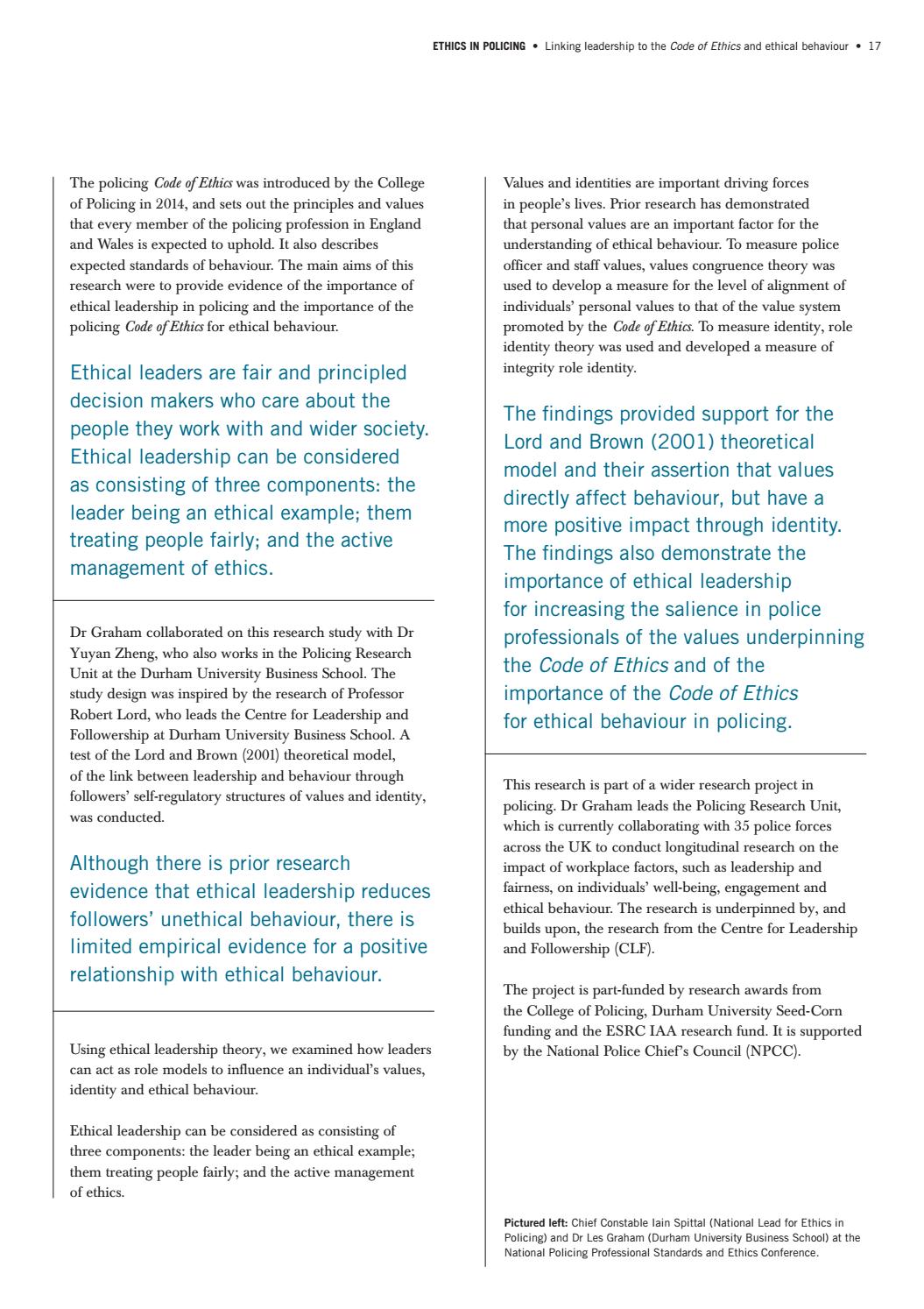



Impact Magazine Issue 3 By Durham University Business School Issuu
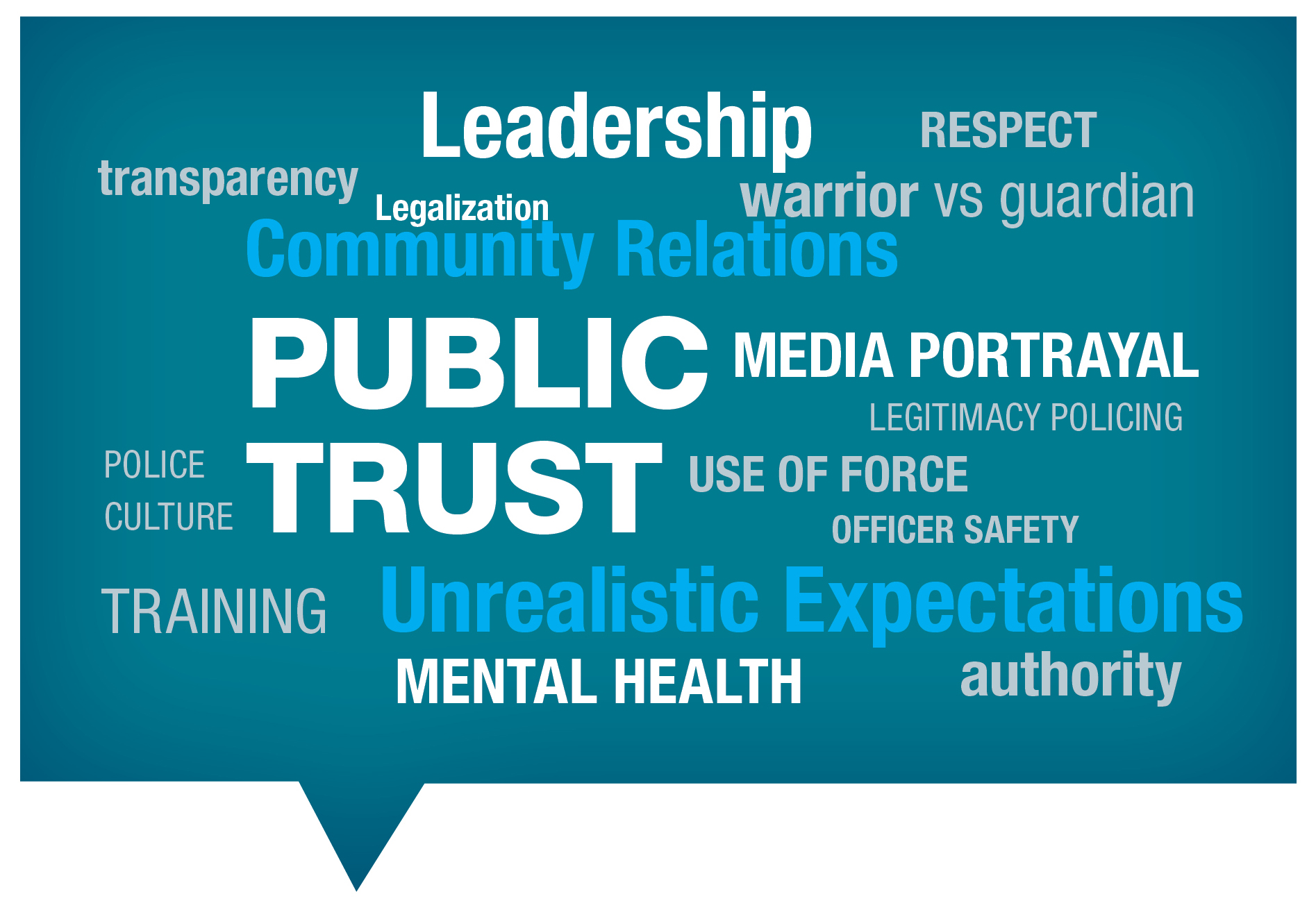



Teaching Ethics In The Training Academy A State Of The Art Approach Police Chief Magazine




Legal And Ethical Main Oral History Society




The Only Way Is Ethics Rank Success Blog



2




Code Of Ethics Dorset Police




Ch 5 Codes Of Ethics Flashcards Quizlet



1



Q Tbn And9gcs7id4bbwzsaj8mlpxs8yx Afvq9 Dpuli4adny9u54ltdfqt Usqp Cau
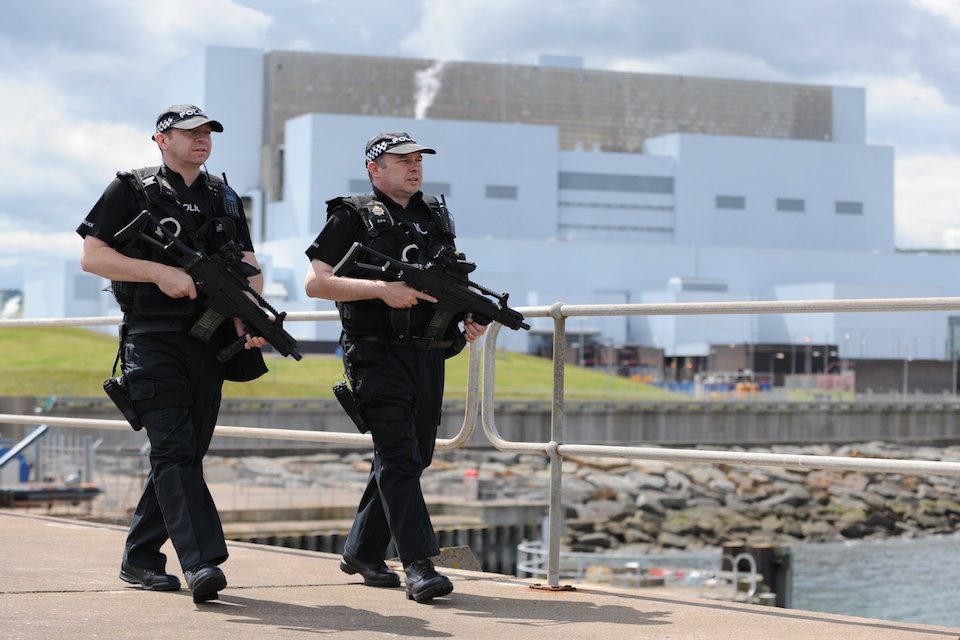



Code Of Ethics Launched Gov Uk




Police Discipline The New Code Of Ethics And The Police Conduct Regulations 12 Corrupt Police



Consult Scotland Police Uk Consultation Policingforscotland Supporting Documents Strategic police plan v5 Pdf



2
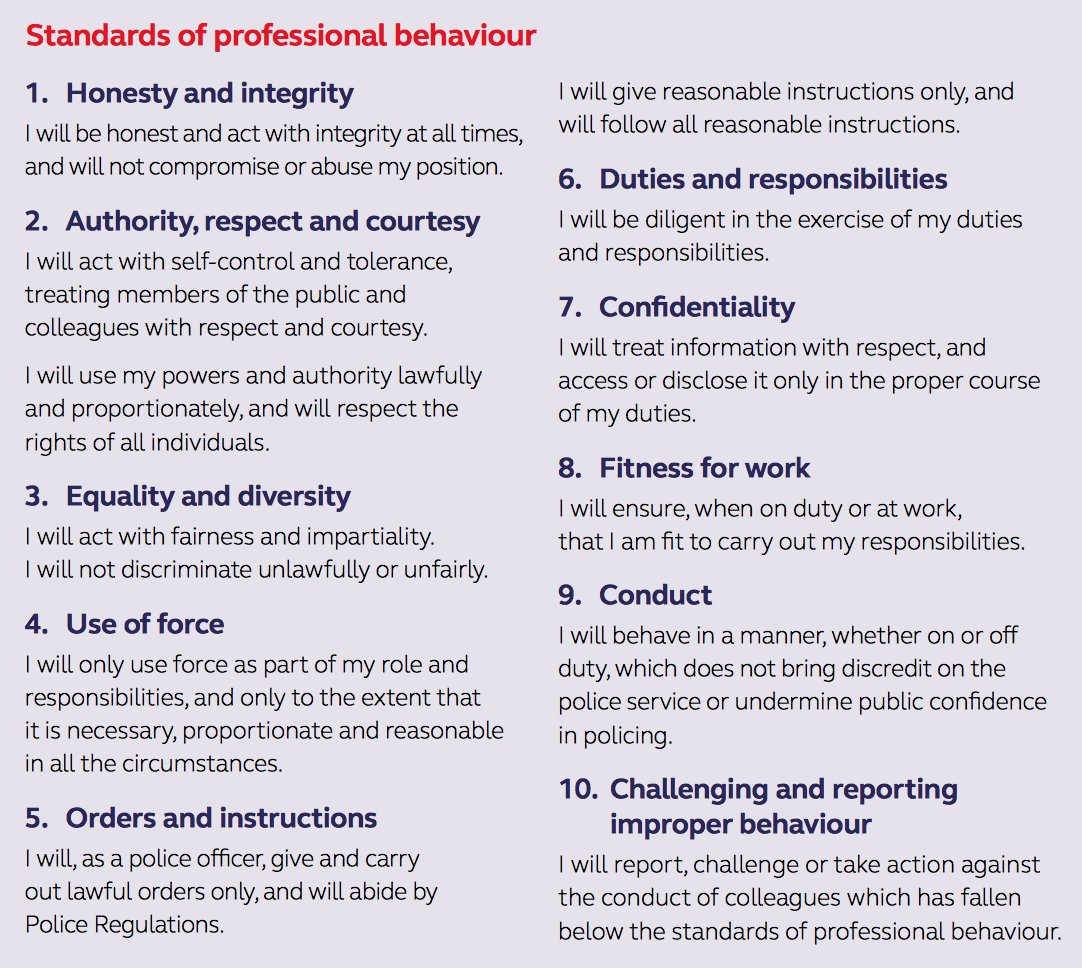



Oliver Scott Curry Code Of Ethics For The Policing Profession Of England And Wales Ethicalatlas T Co D2oxkbaaqc




Code Of Ethics Uk




Code Of Ethics Uk




Code Of Ethics Uk




Police Ethics Free Essay Example




Code Of Ethics College Of Policing Coding Ethics Code Of Ethics



2




Statement Of Policy On Authorship And Publication Credit 17 Bps
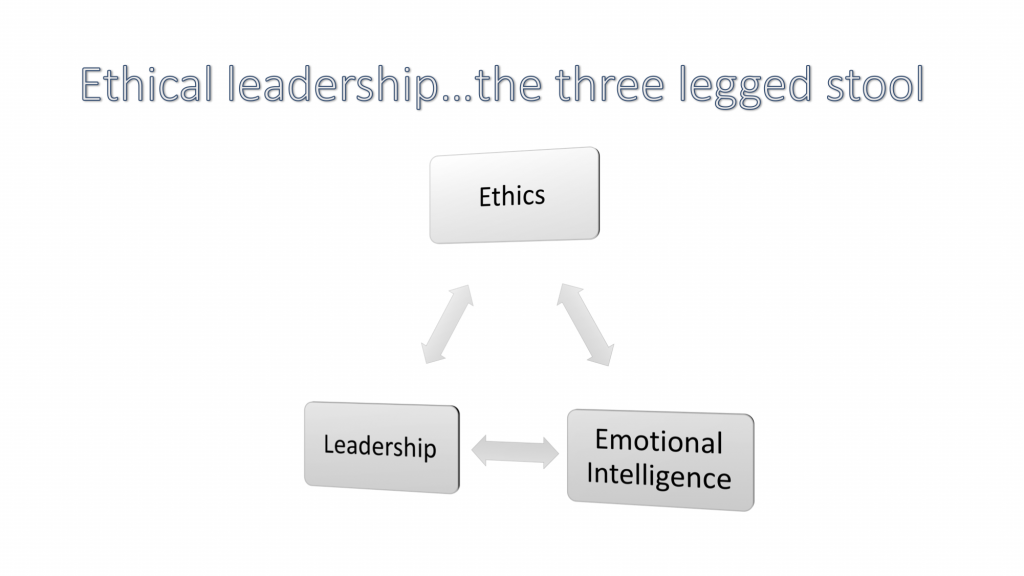



Values Based Police Leadership Police Chief Magazine
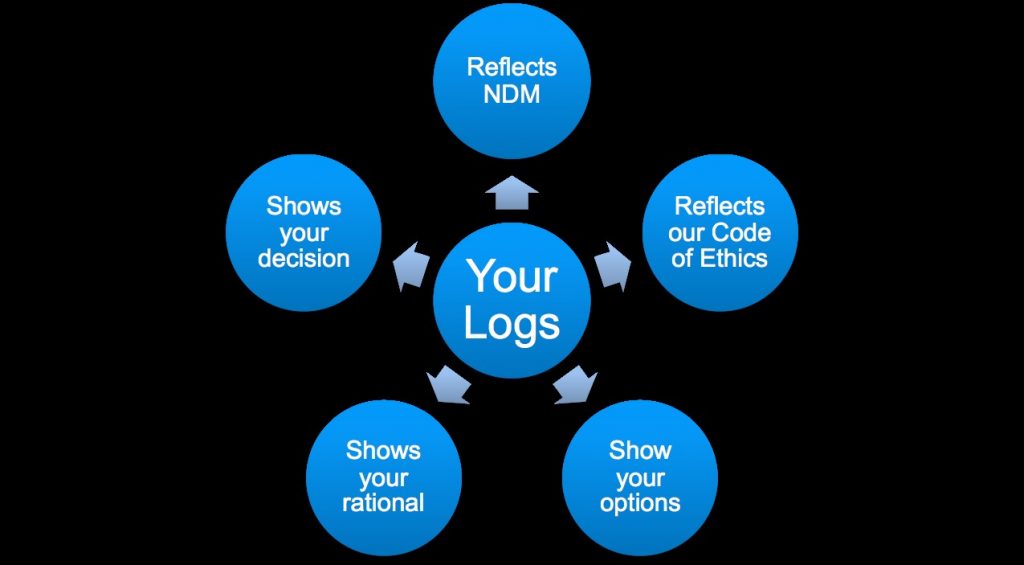



Values Based Police Leadership Police Chief Magazine




Ethics College Of Policing
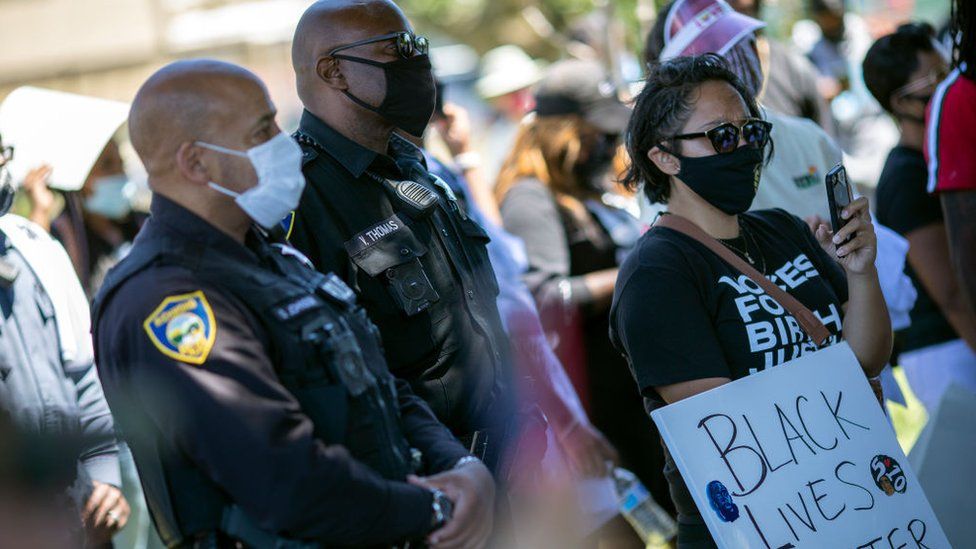



George Floyd Death What Us Police Officers Think Of Protests c News



Www Jobtrain Co Uk Merseysidepolice Previewdocument Aspx Docid Guid C21a9fae39f1c04da484 Jobid 6365




Oliver Scott Curry Code Of Ethics For The Policing Profession Of England And Wales Ethicalatlas T Co D2oxkbaaqc
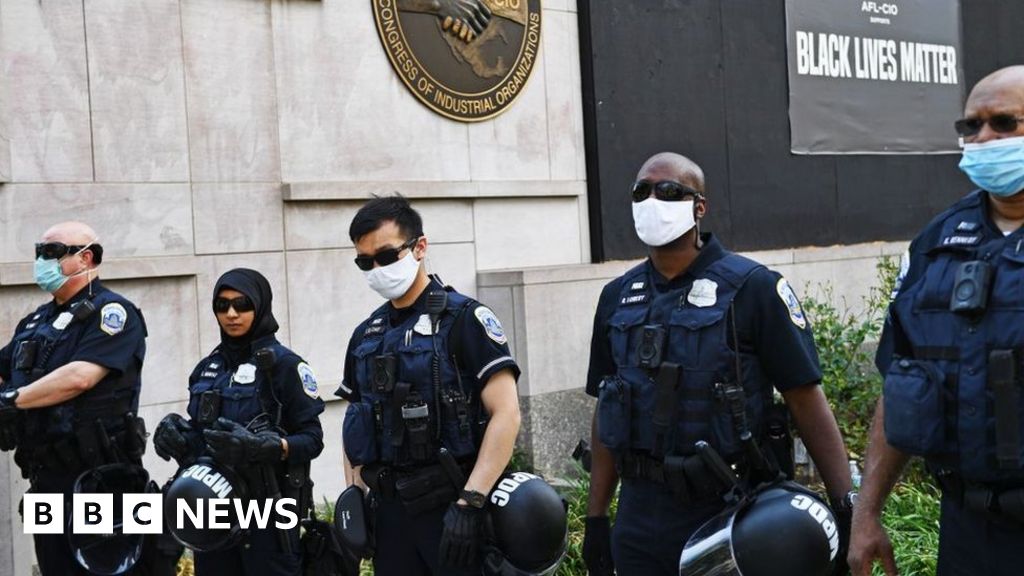



George Floyd Death What Us Police Officers Think Of Protests c News



Www Npcc Police Uk Documents Npcc understanding disproportionality in police complaint misconduct cases for bame police officers and staff 19 Pdf




Code Of Ethics



Www Hsdl Org View Did
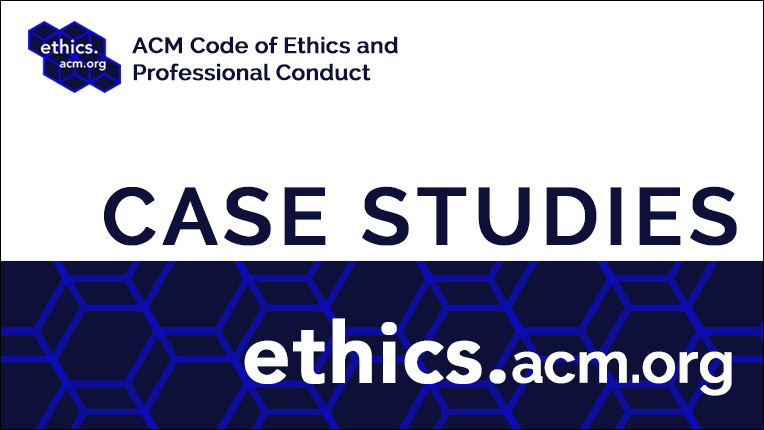



Code Of Ethics Case Studies




Policing And Ethics Panels Are They Really Working Police Hour




Icva Never A Bad Time To Remind Ourselves Of The Nolan 7 Principles Of Public Life Independent Custody Visitors Both Embody These Principles And Are Part Of Ensuring Accountability




Values Based Decisions The Compliance And Ethics Blog




The Child Victims Of The Uk S Encrochat House Raids Conflict Al Jazeera




Victims Code Of Practice Syp
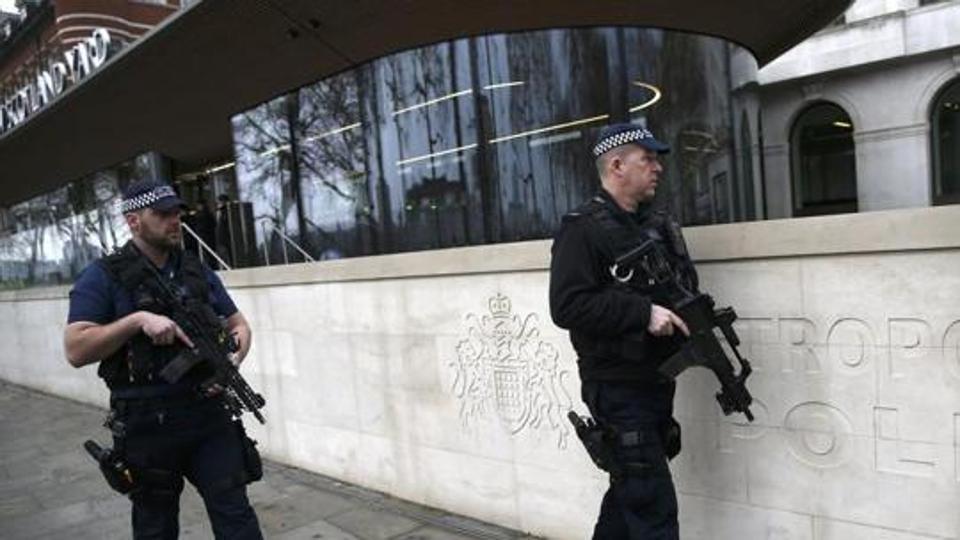



Uk Police To Get Stricter With Fines For Covid 19 Lockdown Breaches World News Hindustan Times



Www Runnymedetrust Org Uploads Race and policing v5 Pdf



Www Justiceinspectorates Gov Uk Hmicfrs Wp Content Uploads Pic Literature Review Pdf




Leveson Inquiry Wikipedia




Code Of Ethics Isrrt




Membership C College Of Policing Limited Agenda Membership Of The College Of Policing Progress To Date And Future Plans Frontline Champions Panel Ppt Download




Why Did The Boys In Blue Turn Into The Boys In Black Part 3
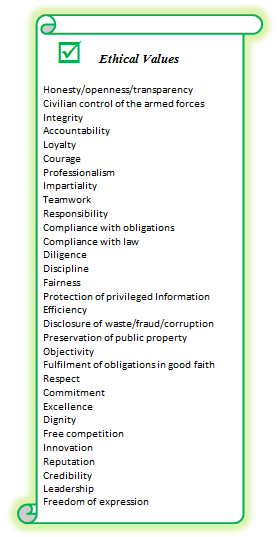



Codes Of Conduct Security Sector Integrity



Www Northants Police Uk Syssiteassets Media Downloads Northamptonshire About Us Code Of Ethics Booklet Pdf
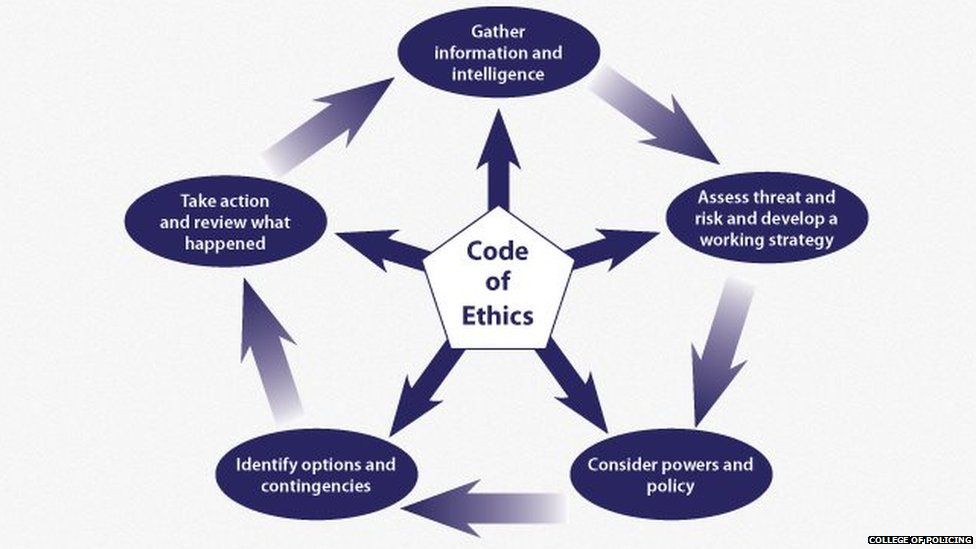



When Can The Police Use A Taser c News
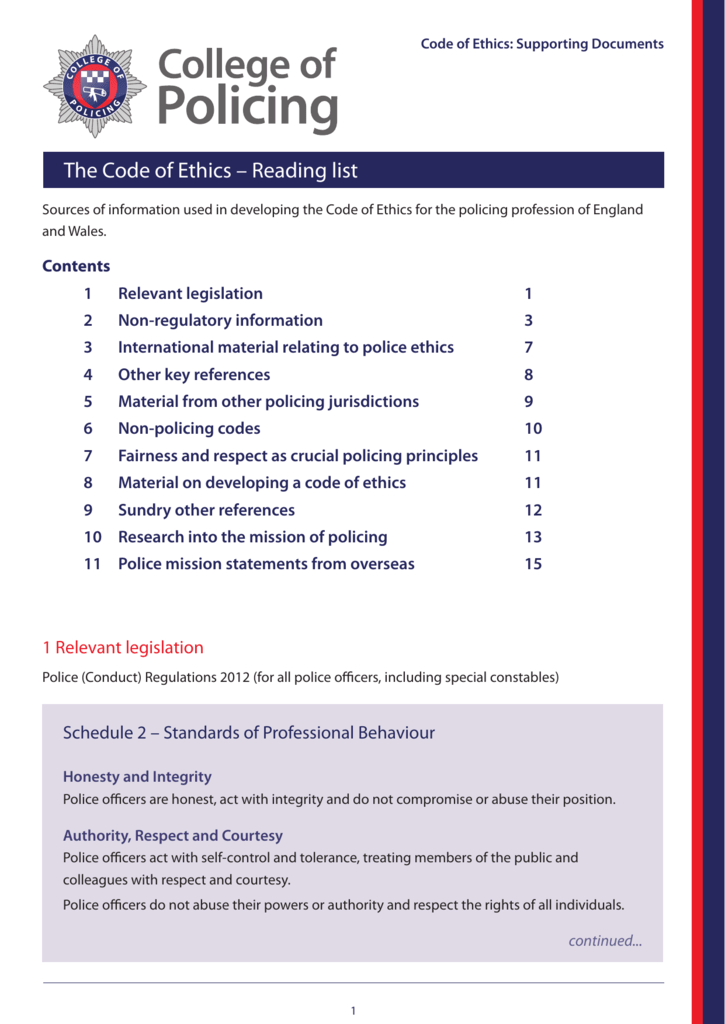



The Code Of Ethics Reading List



1



Q Tbn And9gcqjqqzew87m0n4qbrmwjj9caa3s0ham3b0qtrttddw Usqp Cau




Working In The Community For Safer Neighbourhoods




Guidance For Public Service Interpreters Police Ciol Chartered Institute Of Linguists



Http Nrl Northumbria Ac Uk 272 1 Final p and s document nrl Pdf



Www Turing Ac Uk Sites Default Files 19 06 Understanding Artificial Intelligence Ethics And Safety Pdf




Ethics In Counselling Pdf Top 5 Counseling Assignment Tips
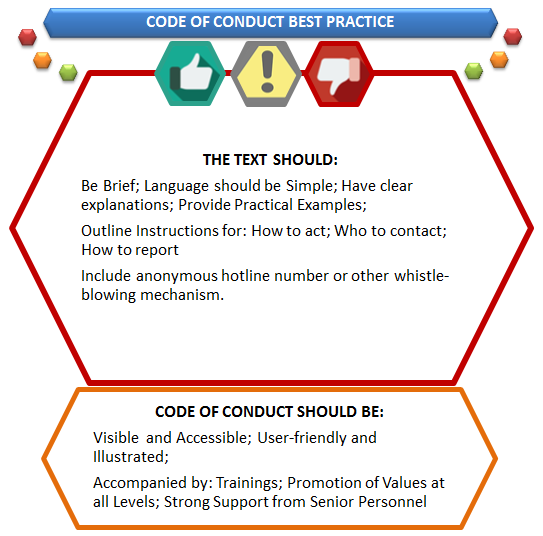



Codes Of Conduct Security Sector Integrity



4 Impacts Of Proactive Policing On Crime And Disorder Proactive Policing Effects On Crime And Communities The National Academies Press




W Yorks Police Firearms Licensing Dept In Breach Of Policing Code Of Ethics Raptor Persecution Uk



0 件のコメント:
コメントを投稿